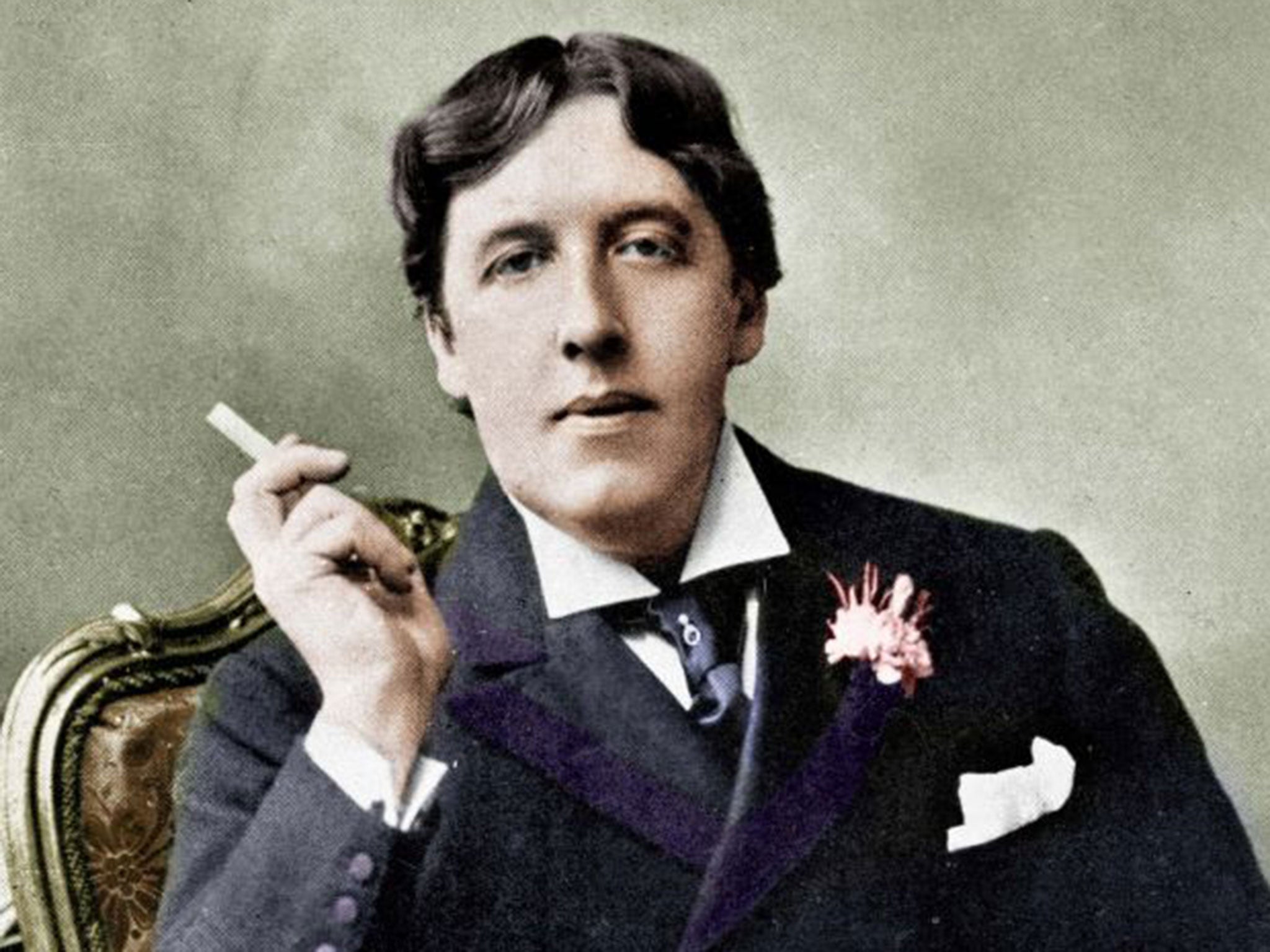Stereotyping gay men as stylish and witty 'prevents people seeing them as proper individuals'
Psychology researcher Ashley Brooks argues some gay men feel under pressure to live up to particular stereotypes

The right of gay men to be dull and humourless is being undermined by the common conception that homosexuals are stylish and witty, an academic has suggested.
Ashley Brooks, a psychology researcher at Anglia Ruskin University who is conducting a study into “ambivalent homoprejudice”, argues that some gay men felt under pressure to live up to a particular stereotypes.
The idea that gay men were well-dressed, funny and ‘emotionally available’ with a particular understanding of women is an apparently positive prejudice with potentially negative consequences, he said.
The researcher cited playwright Oscar Wilde, BBC chat show host Graham Norton and Michael Urie’s Marc St. James character in US comedy Ugly Betty as examples of the waspish gay man in popular culture.
“These overly positive attitudes, which you see a lot in the media - that gay men are particularly fashion conscious, and witty, and a woman’s ‘gay best friend’ – can be extremely pressurising,” Mr Brooks said.
“It can be particularly harmful for young people, adolescents who are less secure in their identity, who might feel they have to live up to the stereotype.
“And because these attitudes appear positive, they gain widespread acceptance and remain unchallenged despite their potential to cause long-term damage.”
The Stanford Blatch character in Sex In The City and Rupert Everett’s role as Julia Roberts’ gay best friend in My Best Friend’s Wedding are other examples of the stereotype, he said.
Mr Brooks said that in focus groups gay men would “deliberately point out their own terrible fashion sense and how they were quite humourless and dull.”
He added: “There are plenty of introverted gay men who don’t want to be shoehorned into the Graham Norton box.”
To examine the extent of the ‘ambivalent’ stereotype, Mr Brooks is seeking 1,000 respondents to complete an online questionnaire looking into people’s attitudes towards gay men.
He said he had already found that more hostile stereotypes - “that gay men make too much fuss about their rights and are too ostentatious and visible” – could coexist in people’s minds with the idea that gay men were witty and stylish.
Mr Brooks said: “It is encouraging that we have transitioned from horrible, hostile [stereotypes] to something more accepting, but this is about going beyond that and appreciating the diversity within gay men.”
He was backed by the novelist and cultural commentator Paul Burston, who runs the London-based LGBT literary salon Polari. He admitted he had always felt a strong affinity with women and that at his salon he was “stylish, witty, urbane and very theatrical.”
But he said: “That is playing a part. It’s not the whole of who I am. It’s very exhausting being stylish and witty all the time. It may not be a negative stereotype, but it is still quite limiting if you are expected to behave in a particular way when that’s not really who you are.
He added: “For example, I have an issue with way TV and chick lit novels show gay men as the arbiters of taste, there for women to cry on their shoulders and to help them choose nice frocks – like a girlfriend, but male. I find that very patronising.”
Besides, Mr Burston said: “This assumption that gay men have the monopoly on being stylish and witty is terribly unfair to straight men. Some gay men are very, very boring and very badly dressed.”
Click here to take part in the survey on attitudes towards gay men.
Join our commenting forum
Join thought-provoking conversations, follow other Independent readers and see their replies
Comments
Bookmark popover
Removed from bookmarks